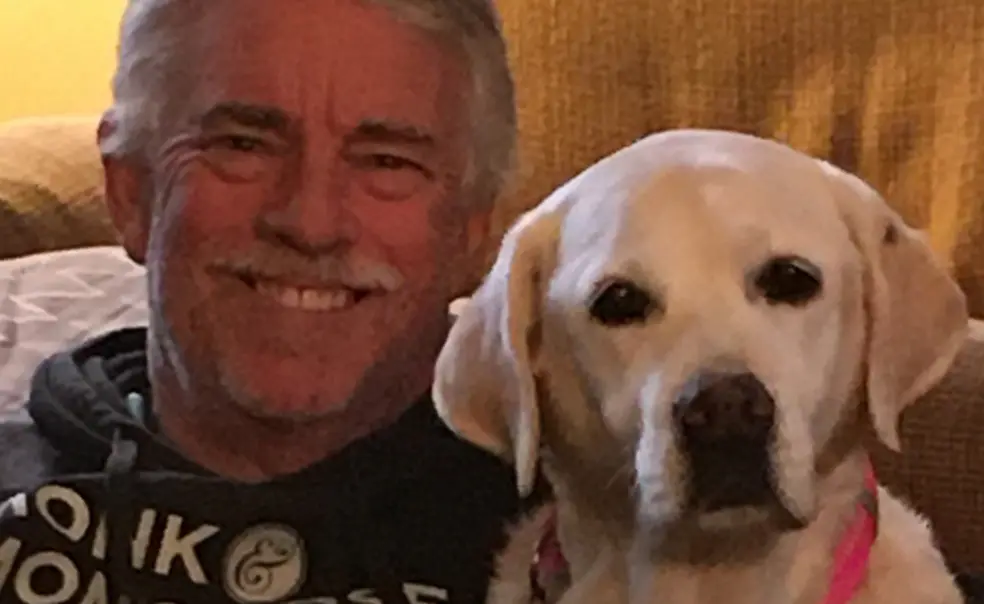Cam Stout ’80 Is Sharing His Story About Mental Health
‘I want to knock down that stigma,’ Stout says
Cam Stout ’80 will share the story of his mental-health struggles with anyone who asks. Not only the groups that hire him as a speaker, but also the guy sitting next to him on an airplane. The lady in line at the coffee shop. Their reactions are almost always the same, he says: They want to talk.
“I tell them I’m a public speaker on substance abuse and mental health, and 90 percent of folks have something they want to share with me, either about themselves or someone they care about,” he says. “There is such a need to share.”
Depression and alcoholism run through Stout’s family. His father suffered from them and took his own life about 15 years ago. Stout wrote an essay for PAW in 2018 about his own struggles, which culminated in electroshock therapy at a psychiatric ward in 2013. It was effective, and with a combination of other measures including medication, therapy, exercise, and support, he counts himself lucky today.
“I ended up feeling in many ways better than I ever have,” Stout says.
The experience left him with a new calling: to help others know they aren’t alone. About two years ago he left California, where he grew up, and settled in Princeton. Retired from his career as a securities litigator, Stout now speaks about mental health at local high schools and law schools around the country. In 2020, he was the keynote speaker at a Princeton graduate school mental-health awareness event.
He also speaks to groups of lawyers, who are mandated in some states to receive training in mental-health awareness as part of their continuing education. It’s a way to protect clients and also the lawyers themselves, Stout says, who work in a competitive, high-stress field. The American Bar Association has been wonderful about making it a priority, Stout says, with initiatives including a pledge firms can sign, promising to work on their culture and support for lawyers’ well-being.
When he speaks, much of Stout’s message centers on self-care, which he frames as “self-liking.” It’s the opposite of imposter syndrome, which he’s fought all his life (and now helps others fight) — including while at Princeton, studying American history and playing on the championship-winning tennis team. High achievers, he says, are always looking over their shoulder. His advice is not to try to be the smartest person in the room, but authentically the nicest: “You’re going to get much farther and be healthier on the journey.”
When he spoke at one top law school, “I said, ‘Guys, I get how scary law school is. Aren’t we all scared? It’s scary, but it’s going to be OK.’ And I had several law students come up to me afterwards, a couple were in tears, just saying, ‘I’m so glad you shared that. I feel so much better.’”
Stout’s self-care regimen begins with the people he’s recruited into a “SEAL team,” which stands for Support, Energy, Accountability, and Love. It includes his Alcoholics Anonymous sponsor, his therapist, his cycling coach, and the kind of friends who will jump on an airplane if he rings their bell.
Also on the list is exercise, mindfulness, keeping things in perspective, and taking time to recharge and rejuvenate. Seeking to serve other people helps, too, even if it’s as simple as asking someone how their day is going. Stout serves as a deacon at Witherspoon Street Presbyterian Church, and notes Princeton itself has service written into its informal motto.
And of course, he encourages people to share their own stories.
“There’s so much hope for recovery and treatment,” Stout says. “I want to knock down that stigma and help people live their lives with a lighter heart and a more focused mind.”












No responses yet